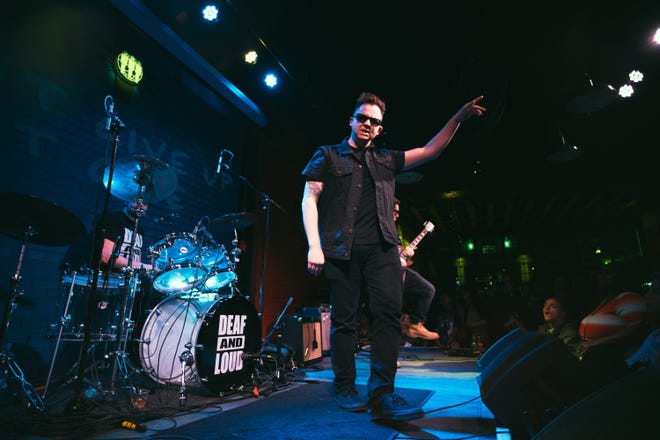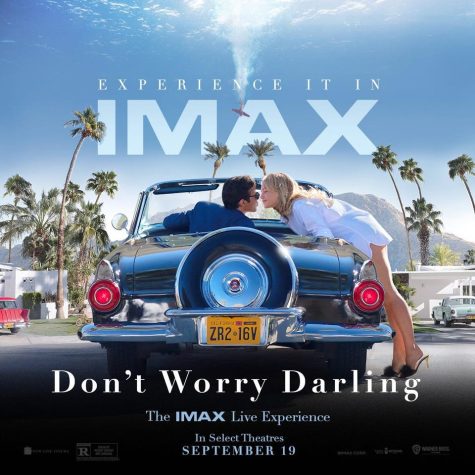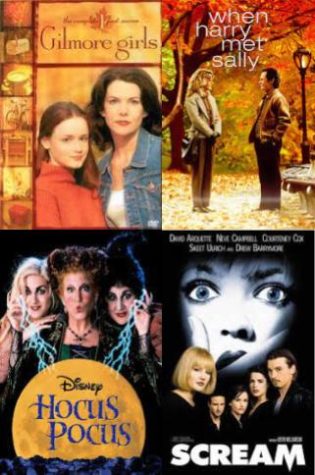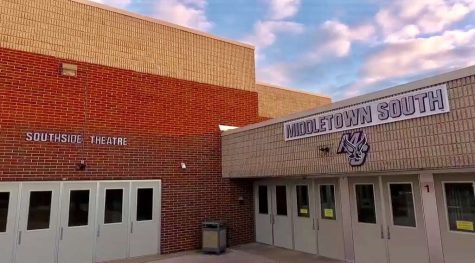Super Bowl LVI: Making Halftime History (Updated)
February 14, 2022
Each year, the NFL carefully chooses a halftime headliner to captivate and entertain their 100 million viewers. Notable performers of the past include Janet Jackson, Paul McCartney, Beyonce, and Coldplay, and this year is no different. 2022’s headliners are Dr. Dre, Eminmem, Tarvis Scott, Mary J. Blige, Snoop Dogg, and Kendrick Lamar. Along with these instantly recognizable names, one unfamiliar to many will also be onstage: Sean Forbes.
Forbes is a native Detroit rapper and the first person to perform through sign language at the Super Bowl. At just a year old, Forbes lost 90% of his hearing from an unconfirmed cause, and has identified as a member of the deaf community ever since. Born into a musical family, Forbes’ father, Scott, makes up half of the country-rock duo, The Forbes Brothers, and his mother Patti is a pianist. Forbes’ father has known the fellow Detroit musician, Eminem, since the two were teenagers, both working at 54 Sound studio in Ferndale, Michigan. Years later, Forbes had been interpreting Eminem songs, who eventually saw his ASL renditions. Forbes was quickly signed to Eminem’s record label, and the two became friends. Forbes has been quoted as saying his upcoming performance is the “opportunity of a lifetime,” and he’s been working to reach this for many years.
Forbes has contributed immensely to the deaf music community, co-founding D-PAN in 2016. D-Pan is The Deaf Professional Arts Network, a nonprofit organization with the goal to make music accessible to the Deaf and hard of hearing community by producing ASL music videos with captions to popular songs.
Including performers like Forbes in events like the Super Bowl is integral in working towards a more inclusive world. Forbes told Michigan’s The Morning Sun, “(ASL) is one of the most popular languages that people want to learn. More commercials and TV shows are including ASL. Even the White House is providing ASL in their livestreams. To have ASL spotlighted on the biggest stage in entertainment, and for it to be three of my all-time favorite rappers, it doesn’t get any bigger than this.”
UPDATED 2/15/22
On Super Bowl Sunday, fans highly anticipated Sean Forbes and Warren “Wawa” Snipe to join headliners at the halftime show. The duo was set to interpret the songs sung by Dr. Dre, Eminem, Mary J. Blige, and more. To the surprise of those expected to see Deaf activist and rapper Forbes alongside the seasoned performers, he appeared casted off to a side stage, unable to be viewed by both Deaf and hearing fans at home.
Footage of the deaf rapper’s performance was then only available after the show on the NBC app. Forbes and Wawa received no screen time on the national broadcast, nor on the official performance video posted to YouTube by NFL’s account.
Twitter users expressed their disappointment during the show. User @Kiraeyl wrote, “I can’t believe this. @SuperBowl This was a big deal to the deaf community and no one even mentioned it on the @nbc broadcast that they would be there. They weren’t even introduced on the main stage, or on television, or anything.”
Another expectant fan, @DelanieWithAnIE, said, “Shouldn’t have gotten my hopes up again… Maybe next year we’ll actually get to see the Deaf performers at the Super Bowl. Did anyone actually spot Sean Forbes or Wawa?” she added, “Getting really tired of the bait and switch @NFL”
NBC nor NFL are yet to address the outrage, but Forbes replied on Facebook to a post expressing grievances over the performance. The original post stated, “Full EQUAL accessibility is getting on the same channel as everyone else, seeing the same thing as everyone else, and not running around like headless chickens looking for accessibility.” Forbes answered, “Let me flip the script. We had our own dedicated stream from NBC supported by the National Association of the Deaf- NAD and we promoted that you would see 100% of it on there… and they followed through. Sorry but this is a BS post.”
Although well intended, Forbes’ comment hasn’t seemed to clear the air in the Deaf community. Although representation seemed so close, and there appeared to be a national breakthrough for the Deaf community, a wave of discouragement washed over those with higher expectations. Is a disappointing attempt at inclusivity more hurtful than not trying at all?









